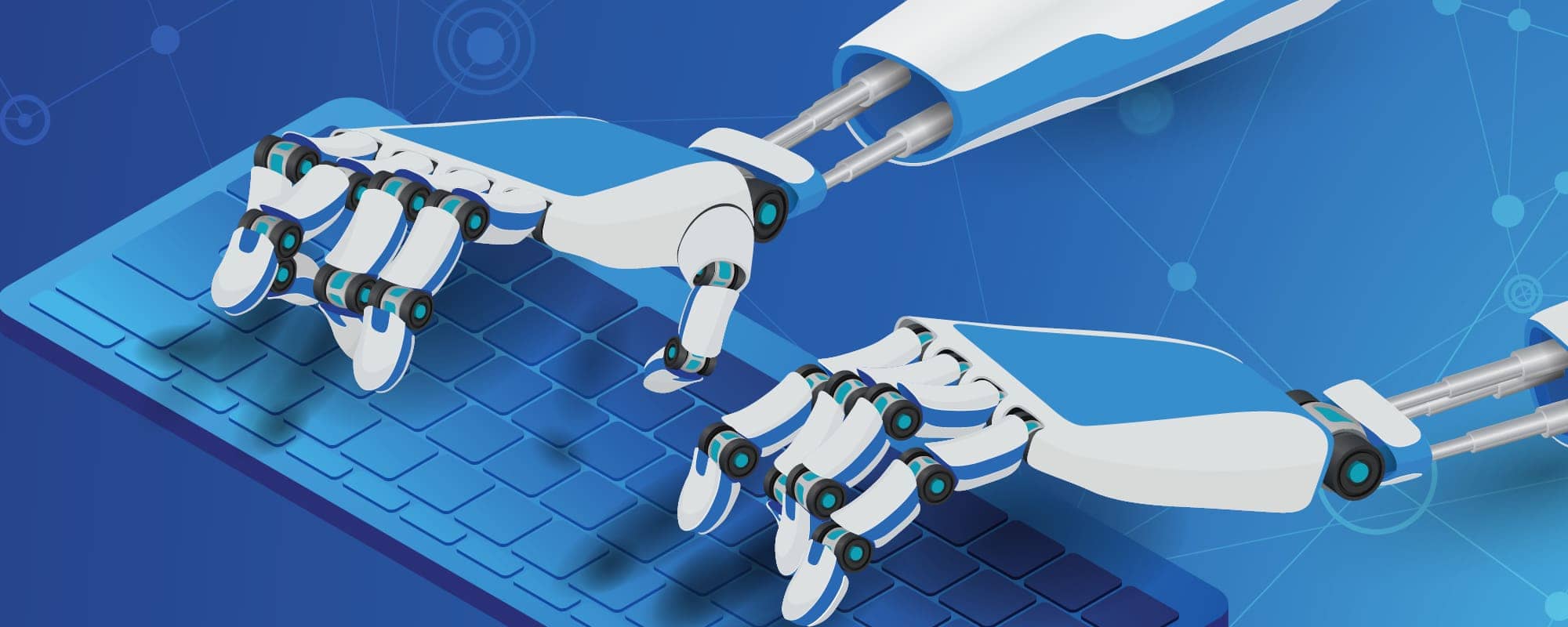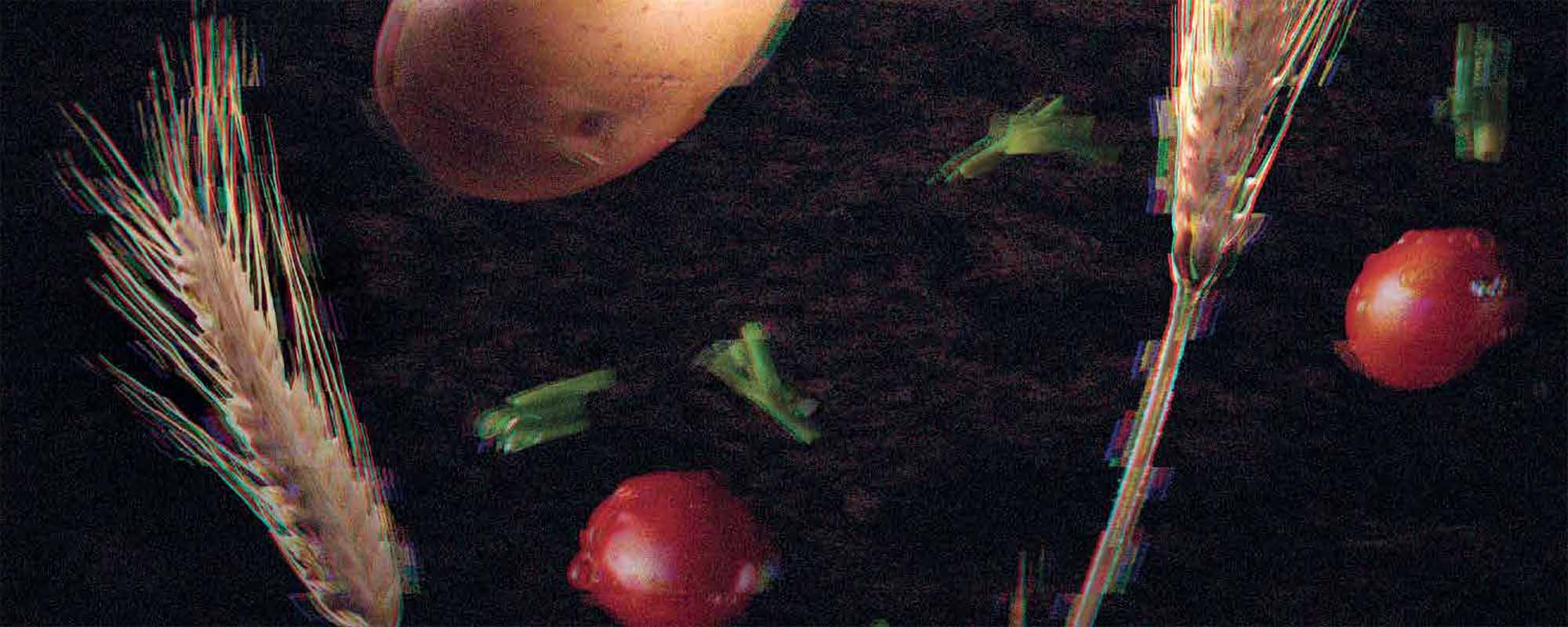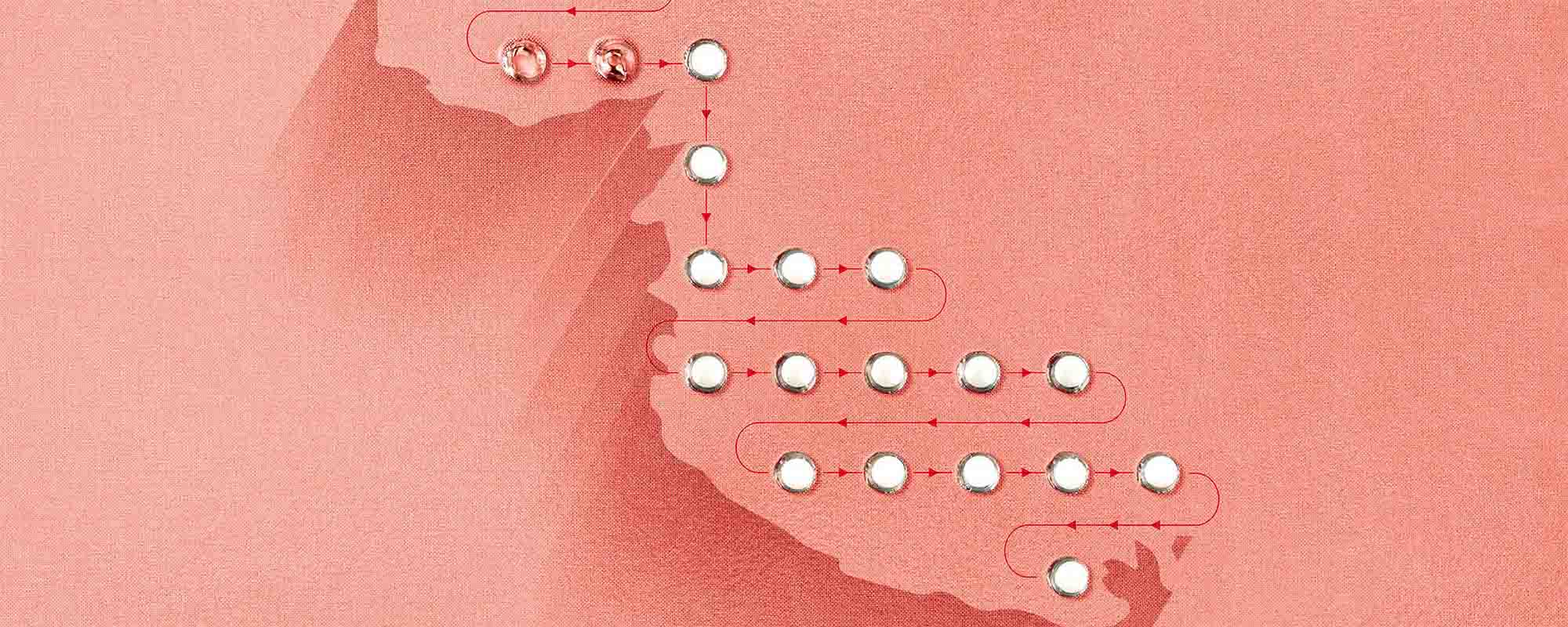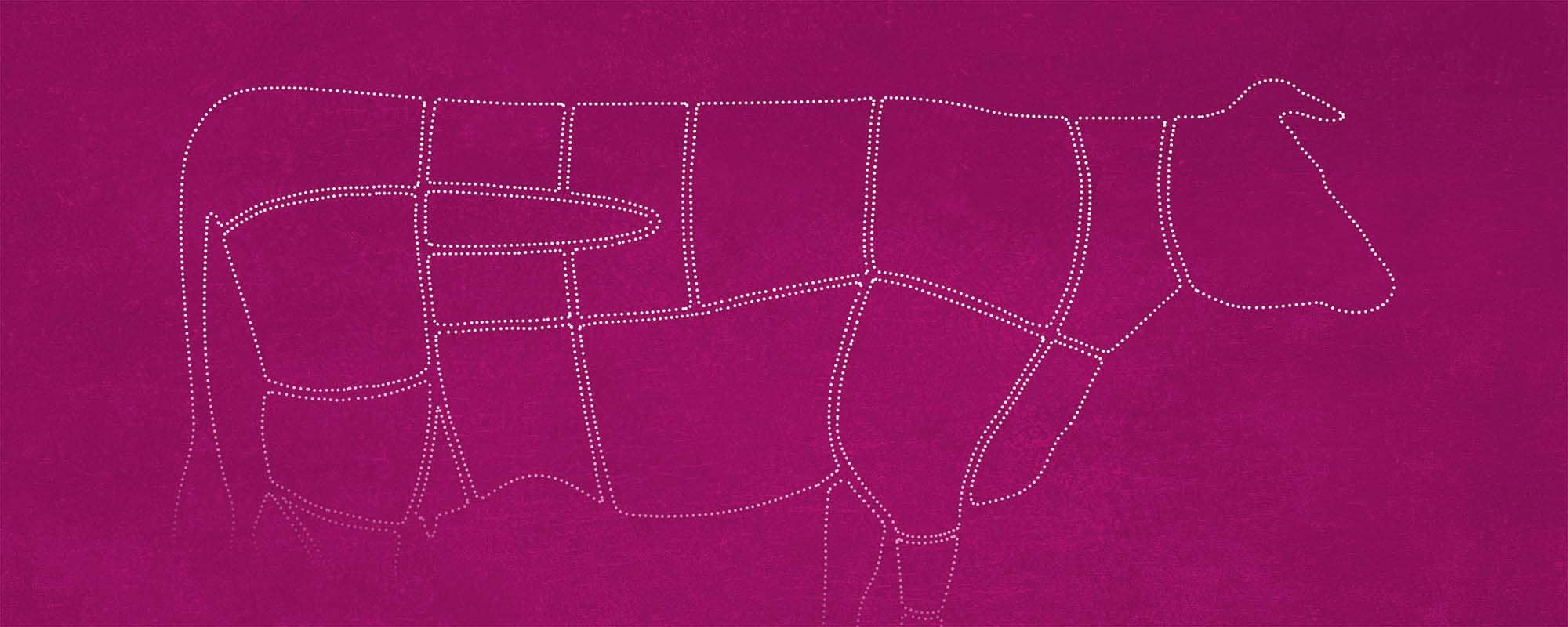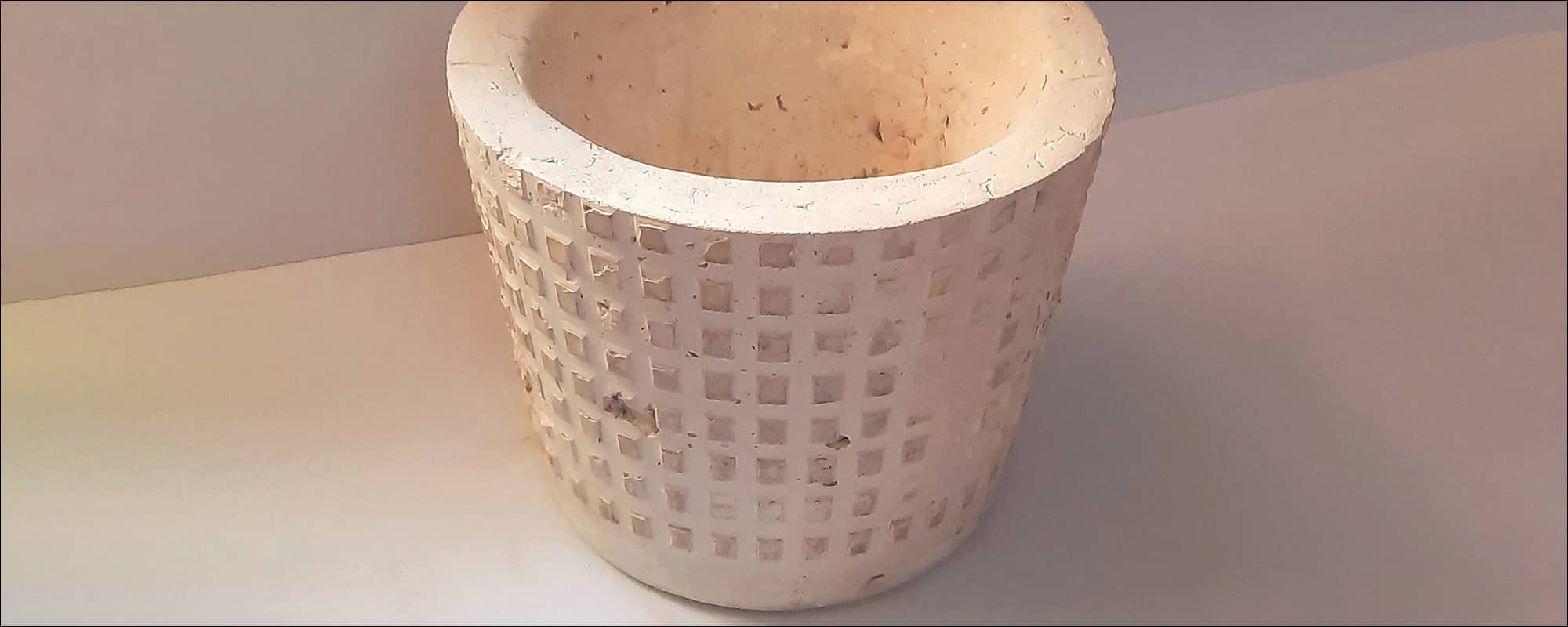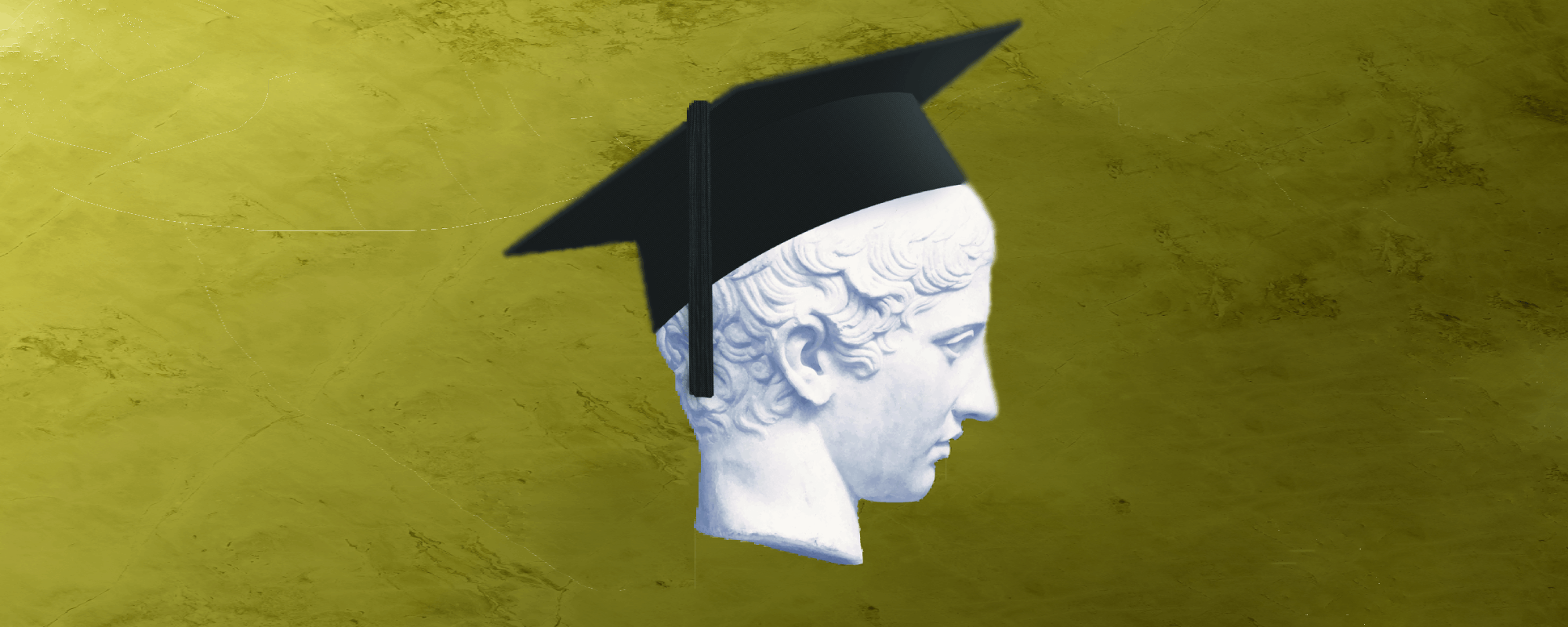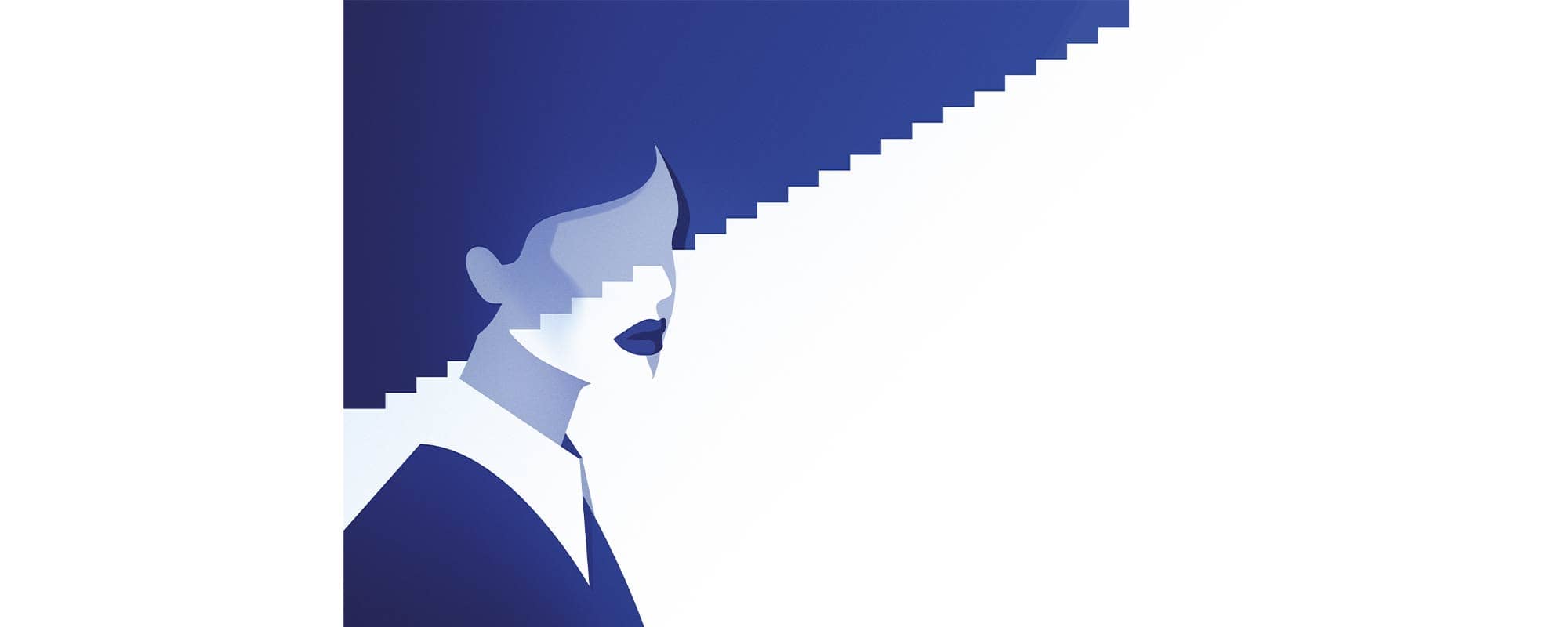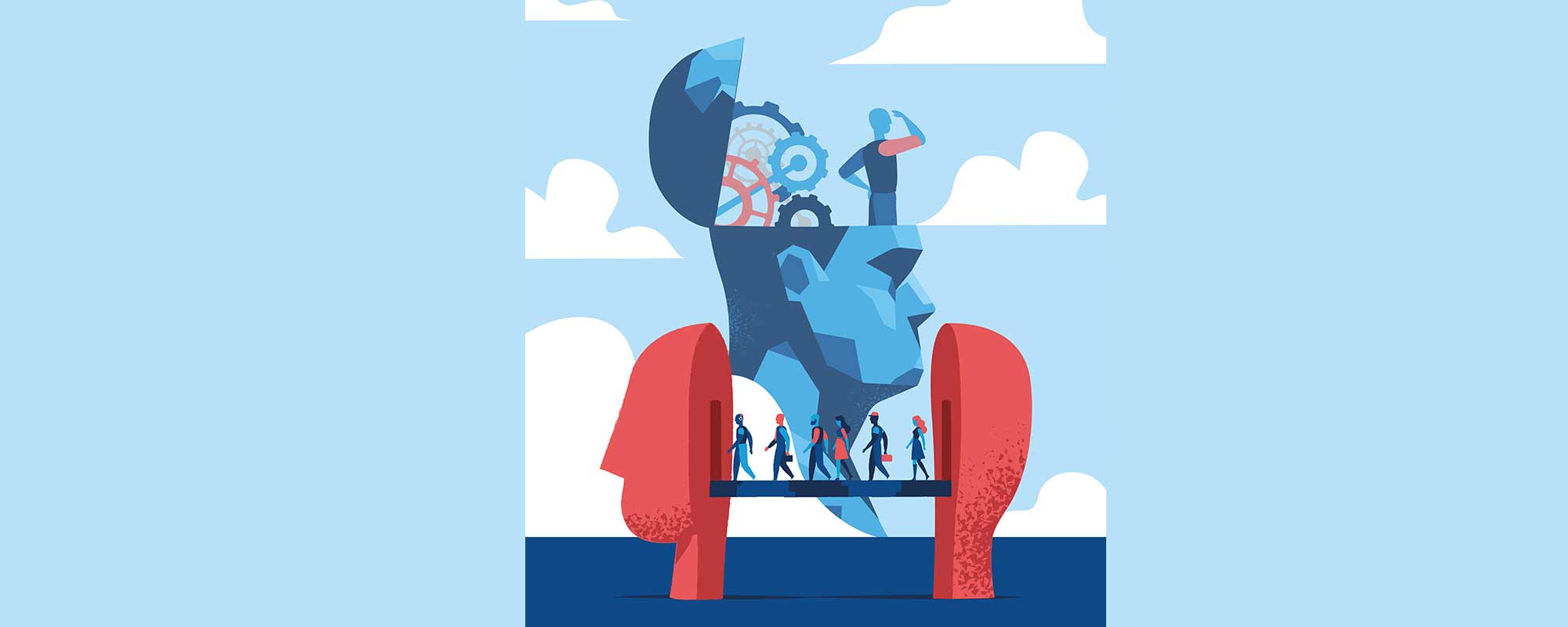Nicholas Mamo has developed an algorithm that analyses Twitter feeds and extracts information about events. This type of artificial intelligence has been designed to automatically identify the participants involved in the events and understand what happened based on the tweets.
Continue readingFood Security in Malta: Is it Possible?
It is unlikely that Malta can ever become self-sufficient when it comes to food. The next best thing for the island is to guarantee sustainable food security. THINK sits with 4 experts to see how this could be possible.
Continue readingThe Good, the Bad, and the Ugly: The Contraceptive Pill, Reproductive Rights, and Malta
Contraception, and especially the contraceptive pill, have revolutionised society in the past 60 years. Yet one of the most utilised methods has side effects that are still not addressed by science worldwide, and shining a light over Malta shows a lack of data on the population’s reproductive health. THINK investigates.
Continue readingIl-Baqra Tinbieh Kollha: A Journey Towards Abattoir Self-Sufficiency and Sustainability
While plant-based food is gaining popularity, the majority of the world’s population still consumes meat. “Il-baqra tinbieħ kollha” (every part of the cow can be sold), a Maltese saying, emphasises that every part of harvested livestock is used. It is imperative that the meat industry develop sustainable practices to reduce its environmental impact, such as utilising every part of the slaughtered animal.
Continue readingIs Now the Time for a Wealth Tax?
In the face of ever-worsening wealth inequality, one solution for Malta (or elsewhere) could be a tax on wealth. Jonathan Firbank speaks to Dr Charmaine Portelli about why this idea is flawed, and yet, why this flawed idea might still be necessary for today’s world.
Continue readingLow-Impact Concrete Flower Pots with Recycled Materials
Discover how resourcefulness and innovation in repurposing materials like broken glass, tiles, and eggshells can lead to the creation of everyday objects. Explore the collaborative effort of first-year B.Sc. (Built Environment) students under Prof. Ruben Paul Borg’s guidance as they transform waste into functional and aesthetically pleasing concrete flowerpots. By incorporating waste materials into the concrete mixture, these flowerpots contribute to reducing the carbon footprint of concrete production, aligning with sustainability goals in the construction industry. Dive into the journey of producing durable, eco-friendly flowerpots that showcase the power of creativity and sustainability in construction practices.
Continue readingBreaking the Hubble Tension: Researchers Deploy Machine Learning to Understand the Universe
Have you ever wondered how big or old the universe is? Actually, scratch that; how would you even measure it? A group of scientists at UM hope to answer these questions through machine learning.
Continue readingBlending Stoicism with Ethics Education Can Raise a Happier Society
Stoicism, a philosophy that kept both a slave and an emperor sane, is embraced as a useful philosophy today, two and a half millennia after it first surfaced. Adding it to the educational syllabus via ethics classes can bring ample benefit to students’ lives, Luke Fenech tells THINK.
Continue readingYou Only Got This Job Because You Are a Woman
Can women climb the academic ladder? In a society that equates men with leadership, THINK explores the career challenges faced by women, especially in academia, and how governments and institutions are fighting to promote gender equity.
Continue readingBeyond Labels: Rethinking Identity Politics, Equity, and Democracy
In the struggle for increased social and economic rights, it is easy to make the mistake of failing to grasp nuances and different perspectives. Dr Michael Briguglio challenges some of the preconceived notions which persist in modern political discourse, particularly lumping together movements and groups which have important distinctions. In this interview, Briguglio makes the case for liberal democracy and answers key questions on issues of representation and identity.
Continue reading
